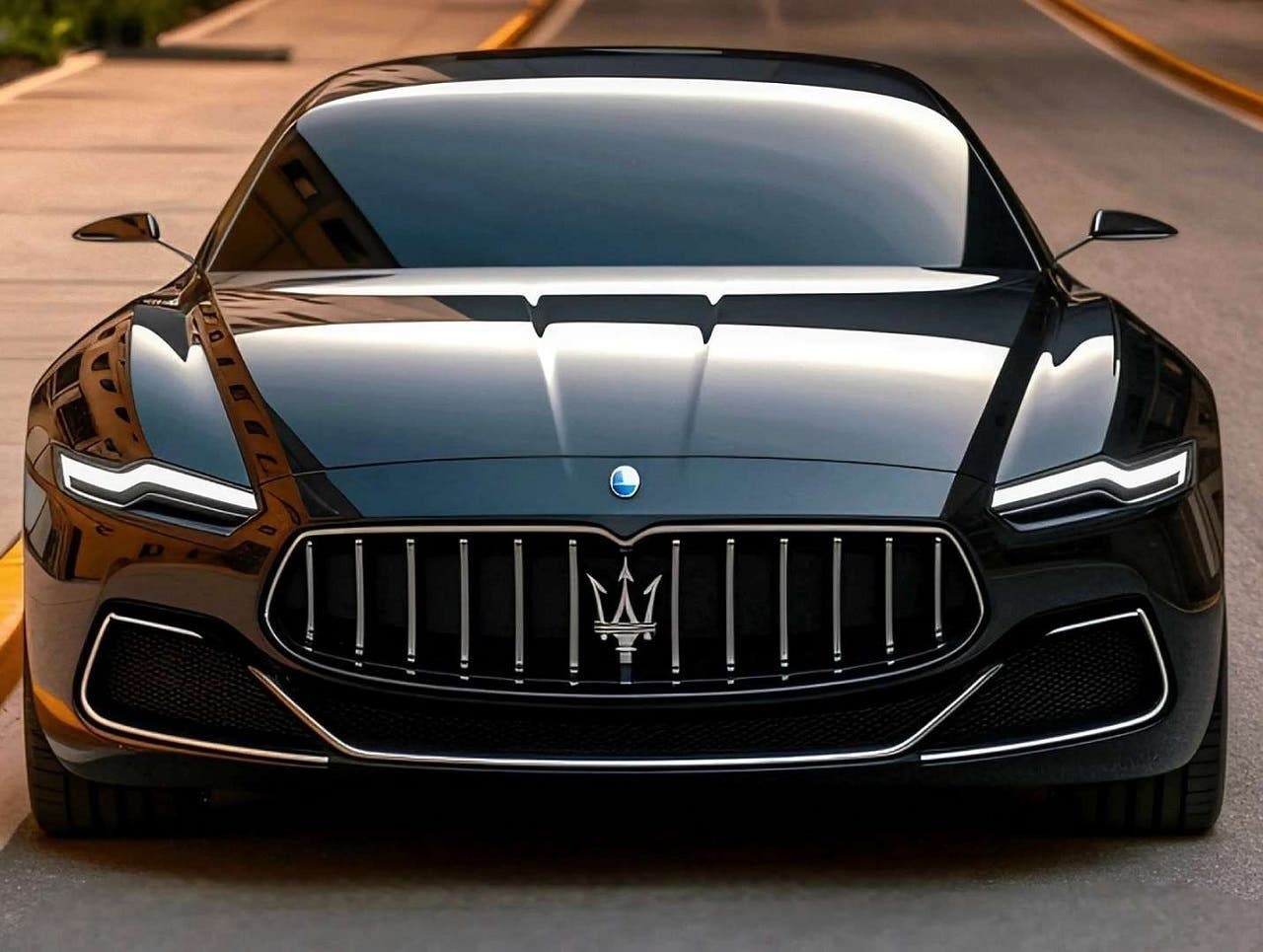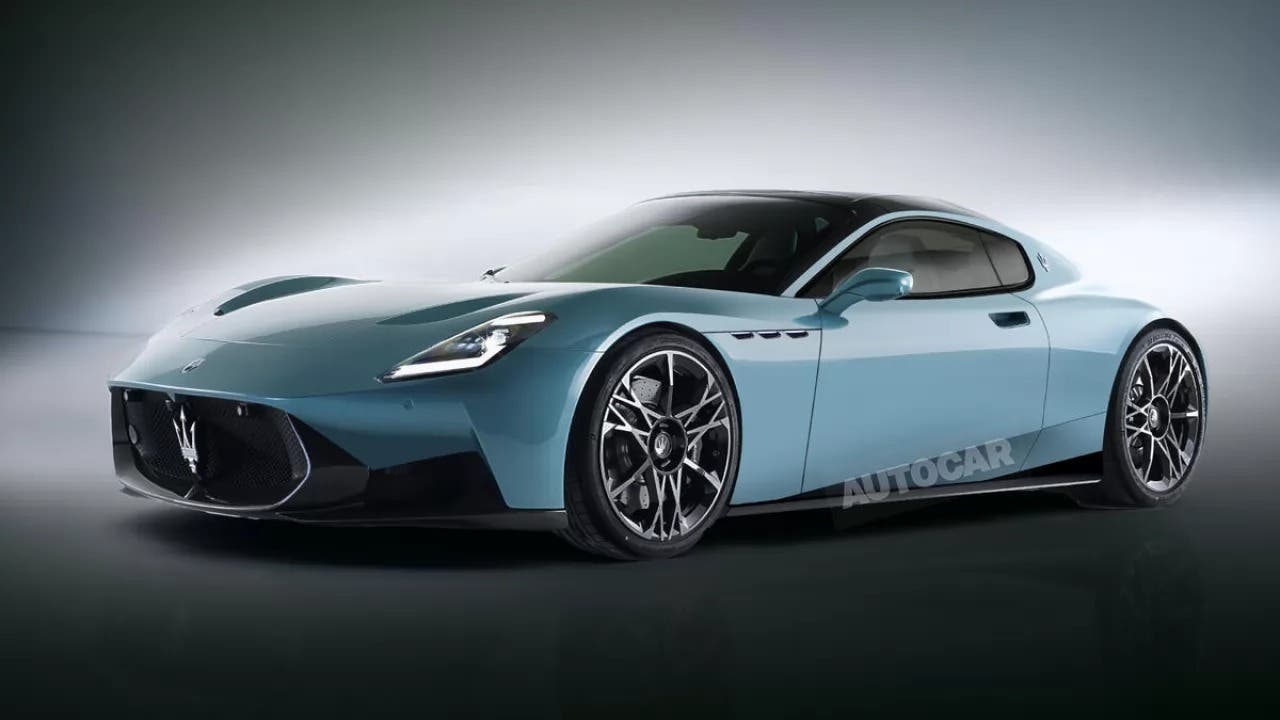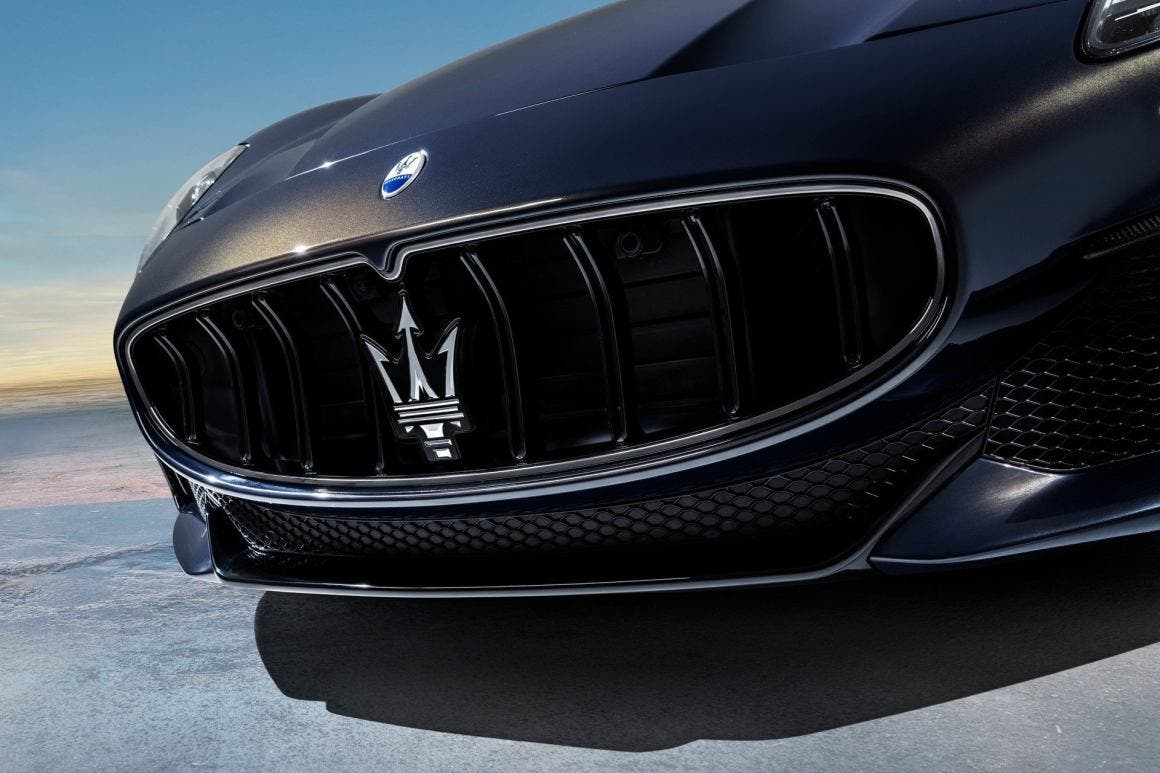In recent months, production of the Maserati GranTurismo and GranCabrio has been transferred from Mirafiori to the historic headquarters in Modena, home of the Trident brand. A decision that, according to some analysts, could hide a strategy aimed at more clearly separating the Trident brand’s activities from the rest of Stellantis, suggesting a possible divestiture in the future. Stellantis, for its part, has categorically denied any intention to dispose of its only luxury brand, despite some rumors that emerged in recent months, particularly related to potential interest from Asian investors.
Maserati: Chinese brands’ interest in the Trident remains high

In the coming months, the announcement of a relaunch plan is expected to mark a new phase for Maserati. The brand will focus on collaboration with Alfa Romeo, sharing platforms and powertrains, including plug-in hybrid solutions. The first model resulting from this alliance could be the new Maserati Quattroporte, which would represent an important step toward renewing the range. Also in the pipeline would be a new supercar developed jointly, confirming a more integrated vision between the two brands. The goal is to restore Maserati to a leading role in the premium segment, after a difficult two-year period marked by declining sales and heavy financial losses.
Despite official statements, market spotlight remains focused on Maserati. According to rumors, several Chinese groups would be ready to seize any opportunity should Stellantis decide, in the future, to open up to selling the brand. For many Asian operators, the Trident represents a privileged gateway to the global premium market, a segment where Chinese manufacturers still struggle to establish themselves, despite having already gained a solid presence in the mid-to-low-end sectors with the expansion of low-cost cars.

At this point, the upcoming new strategic plan becomes decisive. It will determine whether there are concrete possibilities to relaunch the brand while keeping it within Stellantis‘ orbit, or whether, given the pressure from negative results, the group will have to consider more drastic choices. CEO Antonio Filosa himself recently admitted that difficult decisions might be necessary to solve the group’s structural problems. Maserati, for better or worse, will be at the center of these deliberations.
